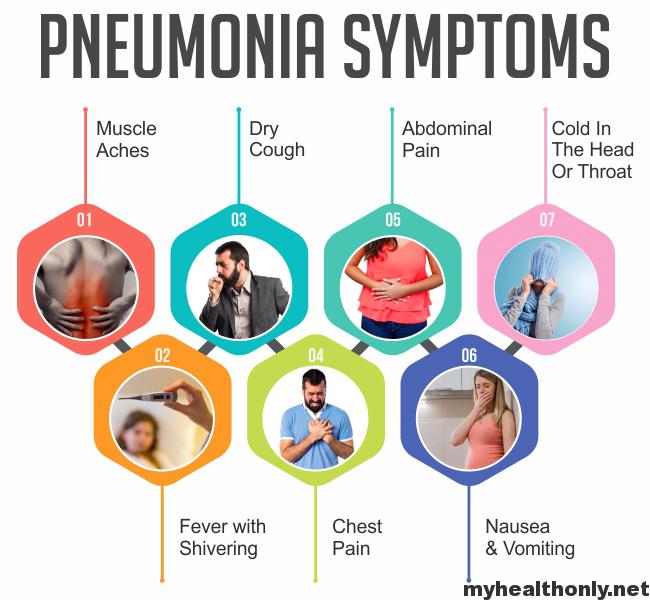

( 4)Ĭhlamydophila pneumoniae causes a mild pneumonia infection that usually affects people older than 60. Mycoplasma pneumoniae usually infects younger adults who work in crowded areas, such as schools, homeless shelters, or prisons. If you've already received a dose of the PCV13 at a younger age, another dose is not recommended.If you've already received any doses of PPSV23, the dose of PCV13 should be given at least one year after the most recent PPSV23 dose.You should receive a dose of the pneumococcal conjugate vaccine (PCV13) first, followed at least one year later by a dose of the pneumococcal polysaccharide vaccine (PPSV23).The Centers for Disease Control and Prevention (CDC) recommends two pneumonia vaccines for adults 65 years and older: pneumococcal conjugate vaccine, or Prevnar 13 (PCV13), and pneumococcal polysaccharide vaccine, or Pneumovax 23 (PPSV23). Streptococcus pneumoniae, also known as pneumococcus, is the most common cause of bacterial pneumonia in adults, called pneumococcal pneumonia.

Legionella pneumophila, the cause of Legionnaires' disease, or Legionellosis.Types of bacteria that cause pneumonia include: This type of pneumonia usually affects one area of the lung and is referred to as lobar pneumonia. Bacteria are the most common cause of pneumonia in adults.īacterial pneumonia may follow a viral infection, like a cold or the flu (influenza).


 0 kommentar(er)
0 kommentar(er)
